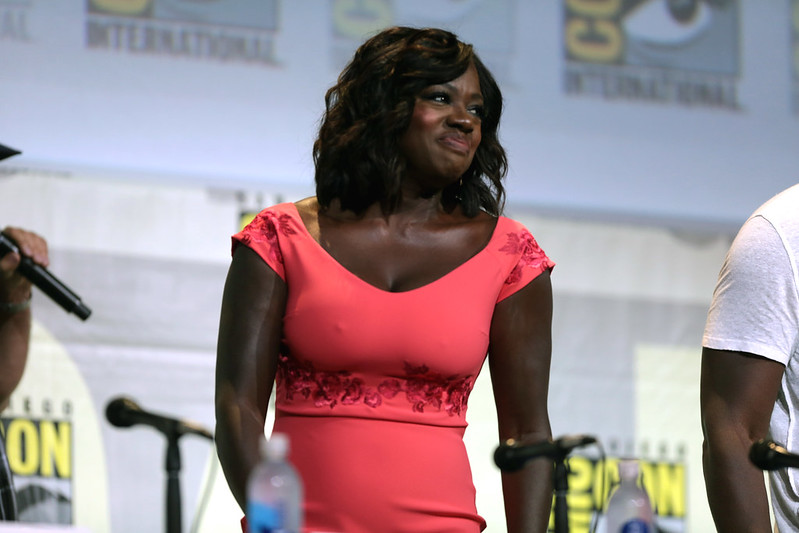
It appears Viola Davis has done it again.
The Academy Award-winning actress’ latest movie, “The Woman King,” had a surprisingly big opening weekend, making $19 million in all. Fairly far behind it at the box office were horror films “Barbarian,” which made $6.3 million, and “Pearl,” which made $3.1 million.
The film – an historical, Black female epic, in which Davis plays a general charged with training the next generation of the Agojie, a troop of women warriors in 1820s West Africa – was produced by Sony Pictures Entertainment and directed by Gina Prince-Bythewood.
And it sounds, on its face, like a recipe for a powerful (and successful) film. However, there were several looming questions that had experts wondering whether it was going to ultimately draw an audience.
First, there’s the nature of the film itself. According to The New York Times, a film like “The Woman King” – a prestige work telling of an historic event or time, with production and performances clearly designed for awards season – hasn’t performed this well at this time of year since the release of “Sully” in September 2016.
But more than that were the criticisms its trailers and other promotional materials received on social media. On Twitter, for example, #BoycottWomanKing became a trending hashtag as people decried its seeming depiction of the Kingdom of Dahomey, where the film is set. Specifically, it appeared to would-be viewers as though the film would soften, if not outright ignore, the nation’s active participation in the Atlantic slave trade.
But, Prince-Bythewood insisted to IndieWire, it’s actually a significant part of the film’s plot. “There’s an assumption we’re not dealing with [the truth about Dahomey’ role in the slave trade], and we are dealing with it. So I have to live in that confidence,” she said. “They’re going to see the film and they’re going to see” that this part of the nation’s history wasn’t ignored.
Other embattled films, like Olivia Wilde’s “Don’t Worry Darling,” may struggle to similarly rise above the swirling social media storm surrounding them. But so far, audiences have turned up, cash in hand, for Davis’ latest – despite lingering backlash and doubts.



